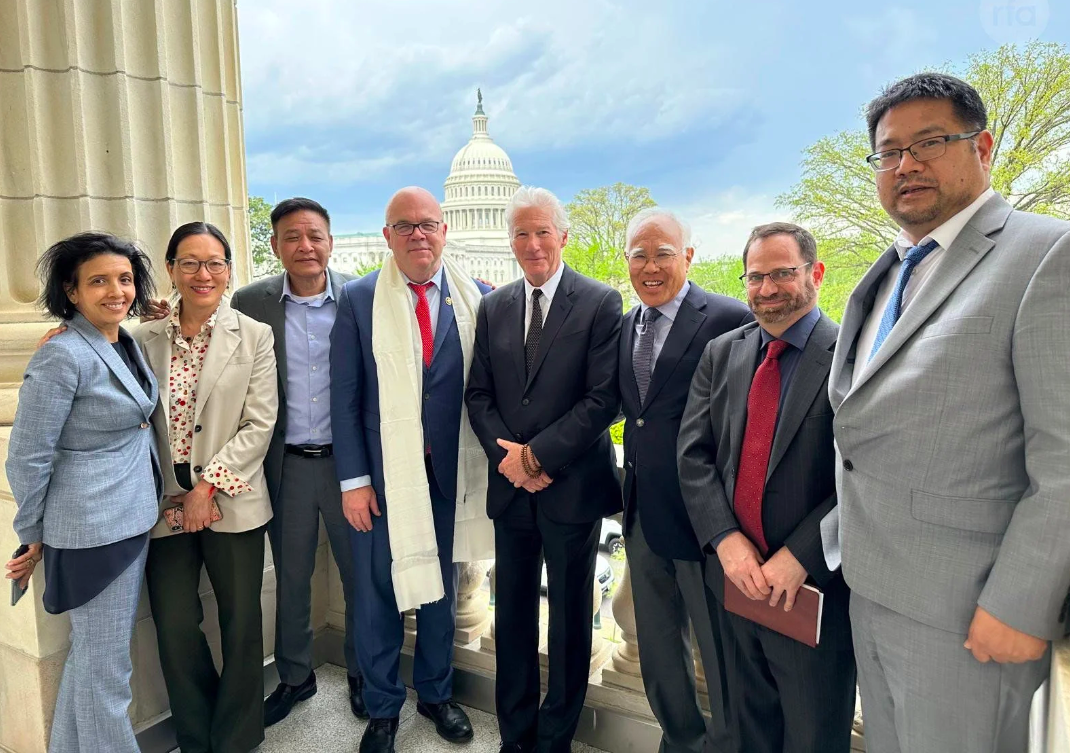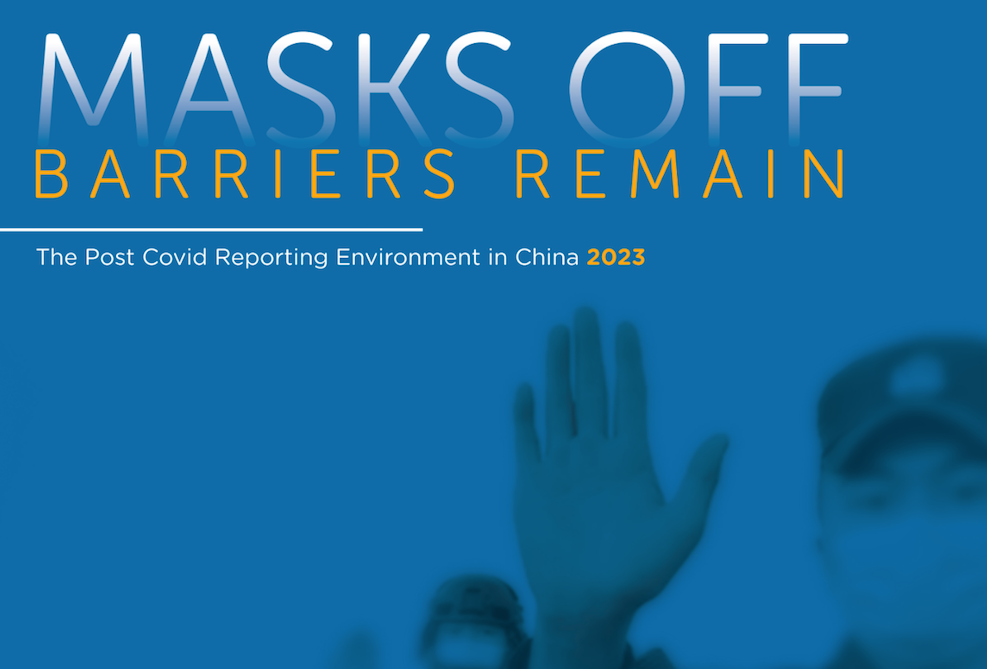By Choekyi Lhamo
DHARAMSHALA, Sept. 19: British MP Chris Law along with Advocate Nima Binara urged the UK government to change its stance back to Tibet’s autonomy and discard UK’s 2008 statement that regarded Tibet as “part of the People’s Republic of China”.
The editorial published in the Byline Times on Monday argued how systematic Chinese state oppression in Tibet foreshadowed China’s crackdown in Hong Kong with the imposition of the national security law. It also claimed that British government is reaching a cross-party consensus that the Beijing administration violated the Sino-British Joint Declaration through the imposition of the security law.
The lawmakers advised the government to revert back to Britain’s long-held stance that considered Tibet to be a separate state and recognized “Chinese suzerainty over Tibet but only on the understanding that Tibet is regarded as autonomous.” The stance was developed in the early 20th century as Tibet served as a buffer state between India and China. Britain and Tibet had concluded treaties like Simla Convention that ceded Arunachal Pradesh to India in 1914 which China still claims as “South Tibet”.
In 2008, the then Foreign Secretary David Miliband suddenly issued a ministerial statement declaring PRC’s claim to Tibet, officially accepting China’s sovereignty over the territory. The authors claim that this gesture not only affected Tibet but the UK government. As Britain forfeited its unique historical link to Tibet’s distinct legal status, China gained tremendous power over the former imperial kingdom.
The editorial piece emphasized the need for UK to accept Tibet’s legal status and reassess its treaties with Tibet, “This would be a powerful signal to China that Britain will not abandon its legal obligations to the people of Tibet and Hong Kong. This is also perhaps the single best tool Britain can offer the Tibetan people in their dire struggle for their rights.” It suggested that the process could involve legislation such as the Tibetan Policy and Support Act (TPSA) to be introduced in the parliament, and initiate informal recognition of the Tibetan Government-in-Exile based in India.










